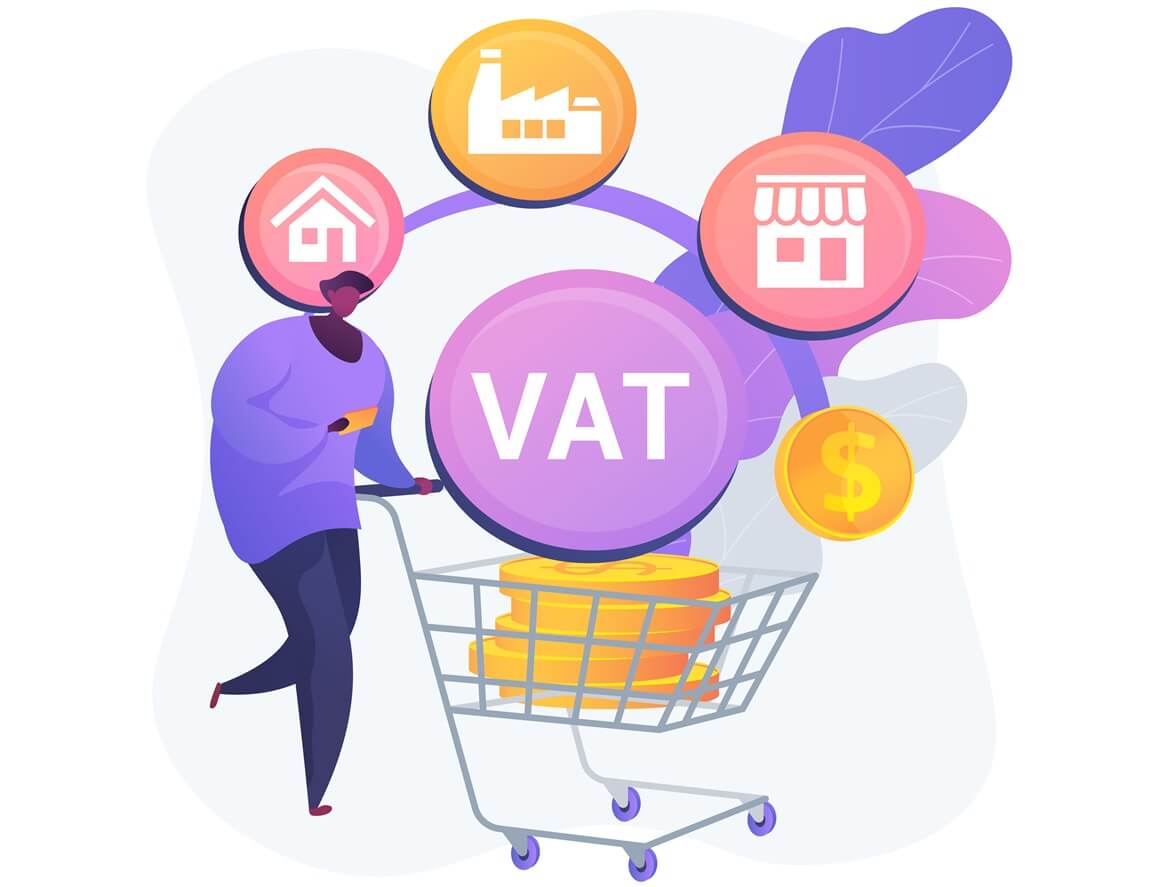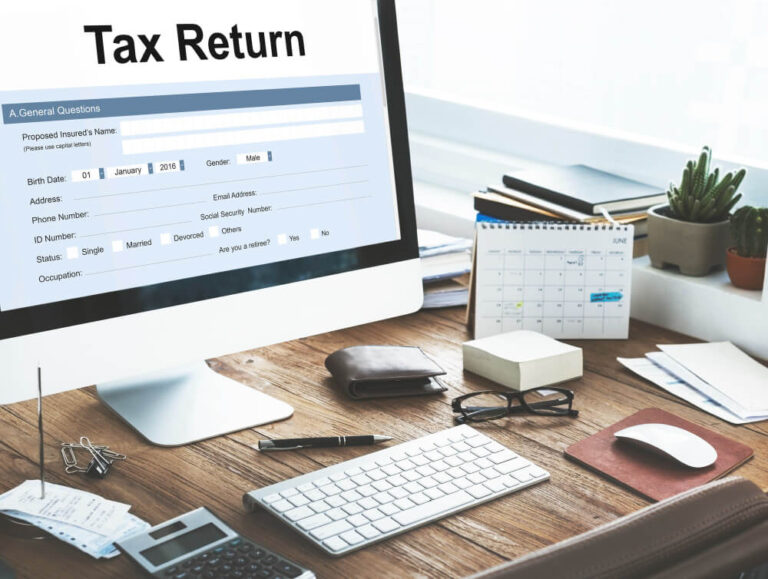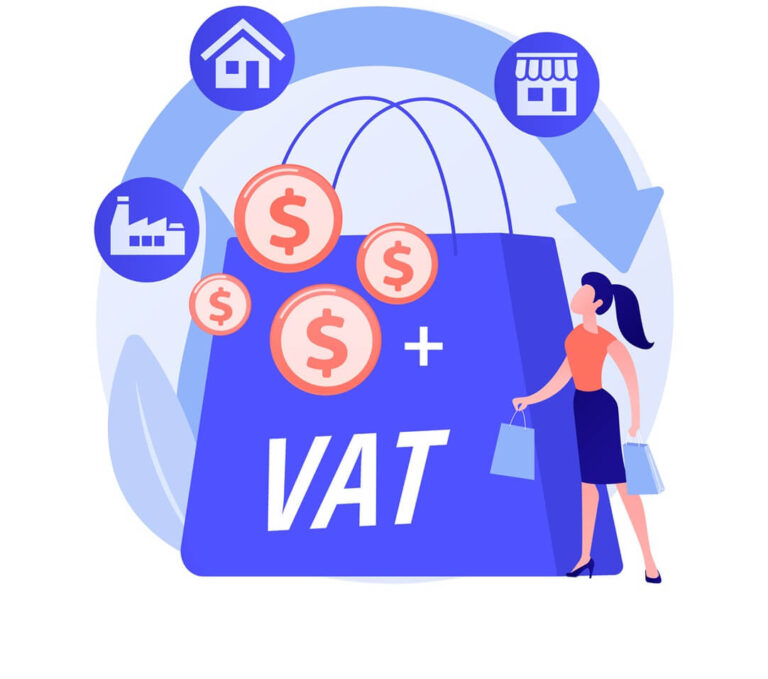Demystifying VAT Rules for Vouchers and Discounts
In the ever-evolving landscape of commerce, businesses are constantly exploring innovative ways to attract and retain customers. Vouchers, coupons, and loyalty points have become popular tools in the marketer’s arsenal. However, understanding how Value Added Tax (VAT) applies to these promotions is crucial for businesses to stay compliant and competitive.
I. Introduction
A. The Rise of Vouchers and Discounts
As businesses seek to enhance customer engagement, vouchers, coupons, and loyalty points have gained prominence. While these tools offer enticing benefits, businesses must navigate the complex terrain of VAT rules to ensure they don’t inadvertently breach regulations.
II. VAT and Vouchers
A. VAT Treatment at Point of Sale
When a voucher is redeemed, the VAT treatment depends on whether the voucher was sold inclusive or exclusive of VAT. Clarifying this at the point of sale is essential for accurate tax calculations.
B. VAT on Face Value vs. Redeemed Value
Understanding whether VAT applies to the face value of a voucher or its redeemed value is critical. This distinction has implications for businesses and consumers alike.
III. VAT and Coupons
A. VAT Treatment for Discount Coupons
Discount coupons can affect the VAT calculation, especially if they result in a reduction of the selling price. Navigating the intricacies of VAT when using coupons requires careful consideration.
B. Free Items and VAT
In cases where a coupon offers a free item, businesses need to assess the VAT implications. The perceived value of the free item and its impact on the overall transaction should be taken into account.
IV. VAT and Loyalty Points
A. Issuing Loyalty Points and VAT
When loyalty points are issued, businesses must determine whether VAT is due at this stage. Proper accounting for VAT ensures compliance with regulations.
B. VAT on Redemption of Loyalty Points
The redemption of loyalty points can trigger VAT obligations. Businesses need a clear understanding of how and when VAT applies in loyalty point transactions.
V. Ensuring Compliance
A. Record-Keeping and Documentation
Maintaining accurate records of voucher, coupon, and loyalty point transactions is essential for demonstrating compliance during audits. Proper documentation facilitates transparency and adherence to VAT rules.
B. Seeking Professional Advice
Given the complexity of VAT regulations, seeking professional advice from tax experts ensures businesses make informed decisions regarding the application of VAT to vouchers and discounts.
VI. Practical Tips for Businesses
A. Clearly Communicate VAT Treatment
Businesses should transparently communicate the VAT treatment of vouchers, coupons, and loyalty points to customers, fostering trust and avoiding misunderstandings.
B. Regularly Update Systems
As VAT regulations may evolve, businesses should regularly update their systems to ensure compliance with the latest requirements, particularly when dealing with vouchers and discounts.
VII. Conclusion
A. Navigating VAT Rules for Vouchers and Discounts
In conclusion, businesses can harness the benefits of vouchers, coupons, and loyalty points while staying compliant with VAT rules. Understanding the nuances of VAT treatment is key to leveraging these promotional tools effectively.
B. Balancing Innovation and Compliance
As businesses continue to innovate in their marketing strategies, finding the balance between creativity and adherence to VAT regulations is crucial for sustained success.
FAQs
How does VAT apply when a customer redeems a voucher?
The VAT treatment depends on whether the voucher was sold inclusive or exclusive of VAT. Proper clarification at the point of sale is essential.
What considerations are important for VAT when using discount coupons?
Businesses should be aware of the impact of discount coupons on VAT calculations, especially if they result in a reduction of the selling price.
Do businesses need to account for VAT when issuing loyalty points?
Yes, businesses must determine whether VAT is due when issuing loyalty points and when those points are redeemed.
Why is record-keeping crucial for businesses using vouchers and discounts?
Accurate record-keeping is essential for demonstrating compliance during audits and ensuring transparency in voucher and discount transactions.
How can businesses stay updated on evolving VAT regulations related to vouchers and discounts?
Regularly seeking professional advice from tax experts and updating systems to comply with the latest regulations helps businesses stay informed and compliant.







